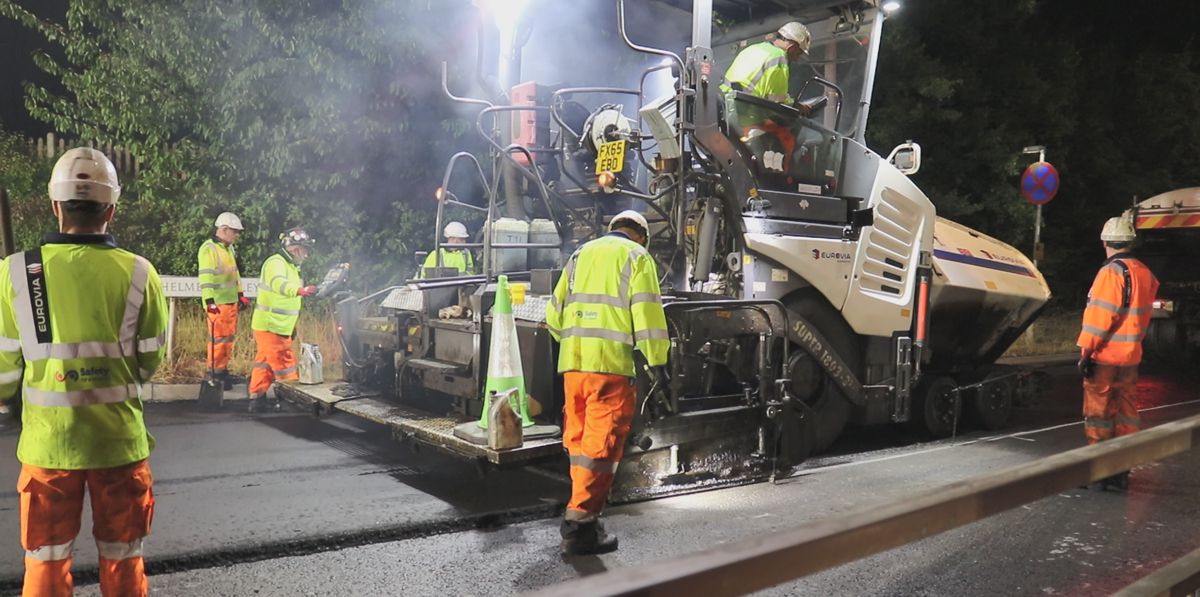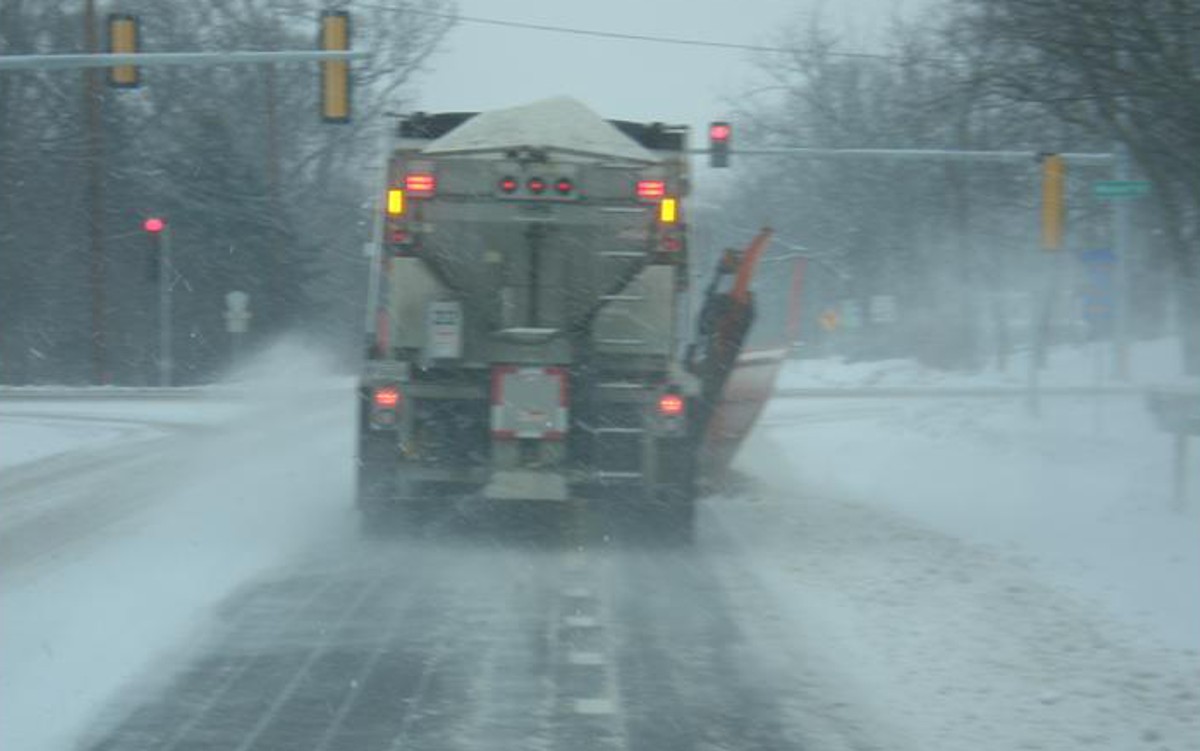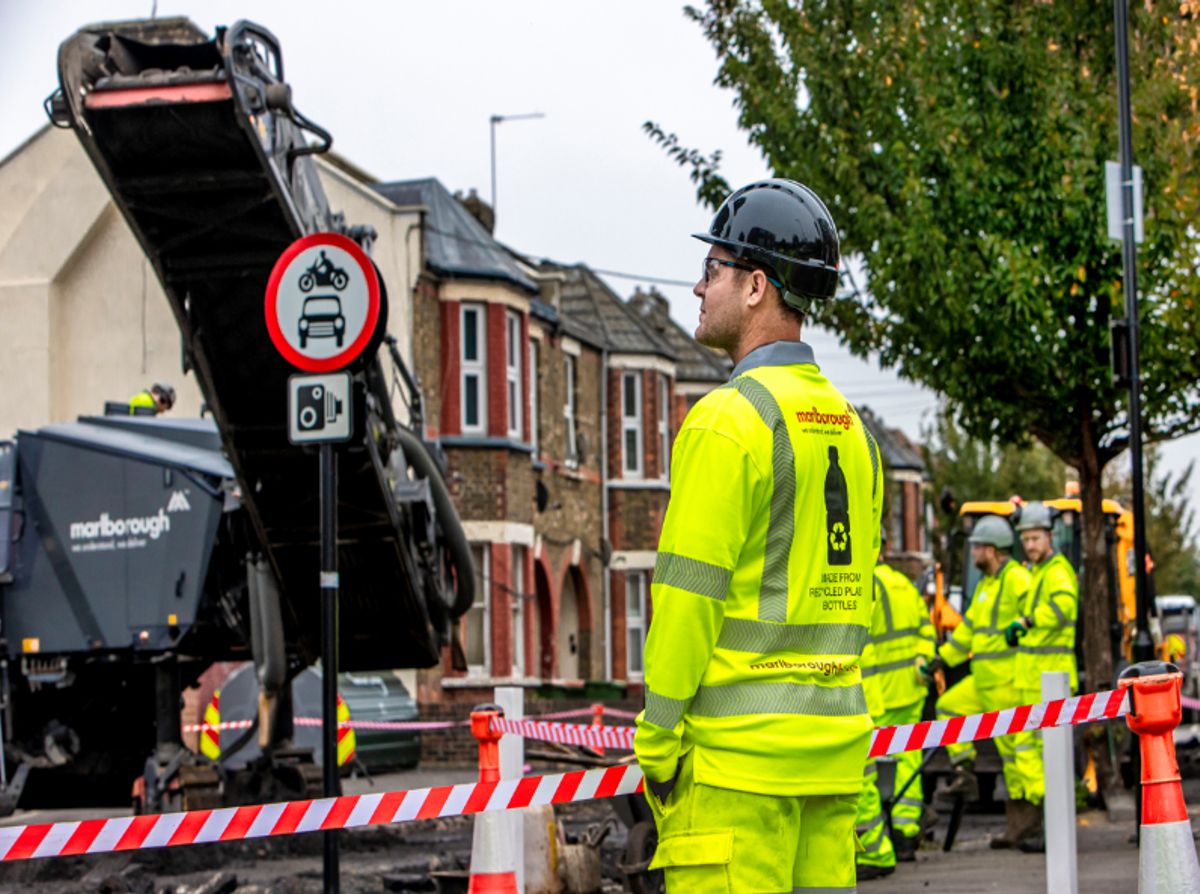Additional pothole repair funding too little too late according to the RSTA
Whilst welcoming the additional £100million pothole funding to help repair roads suffering from this year’s severe winter, the Road Surface Treatments Association ( RSTA ) believes that in reality it is ‘too little too late.’
Transport Secretary Chris Grayling has provided the funding following the freeze and thaw of the ‘Beast from the East’ that caused significant damage to the condition of the local road network, which due to the lack of investment in ongoing programmed maintenance, is in a poor state of repair. The extra funding is for English councils only as funding for road maintenance in Wales, Northern Ireland and Scotland is the responsibility of their devolved governments.
“Any additional funding to address the overall poor condition of our local road network is to be welcomed”, said Howard Robinson, RSTA Chief Executive. “However, it is only a short-term fix for quick patching up of potholes. It does nothing to address the £9.3 billion necessary to bring our road network up to a decent standard. It does nothing to address the fact that one-in-five of our local roads are predicted to structurally fail within the next five years according to the recent ALARM survey from the Asphalt Industry Alliance.”
He continued: “The fundamental problem is that councils do not have the long-term funding to undertake comprehensive maintenance. Well maintained roads will perform better during extreme weather.”
Robinson pointed out that the government needs to understand that proper long-term preventative maintenance offers far better value than short-term patch-and-mend. He said: “Whilst pothole repairs will always be necessary, it costs upwards of £2 m2 to surface dress and maintain a road but costs on average £54 m2 to repair potholes.
“Providing local authorities with the right level of funding in the first to place to enable them to properly maintain the road network would be more cost effective than emergency ad hoc pothole funding,” he said.















